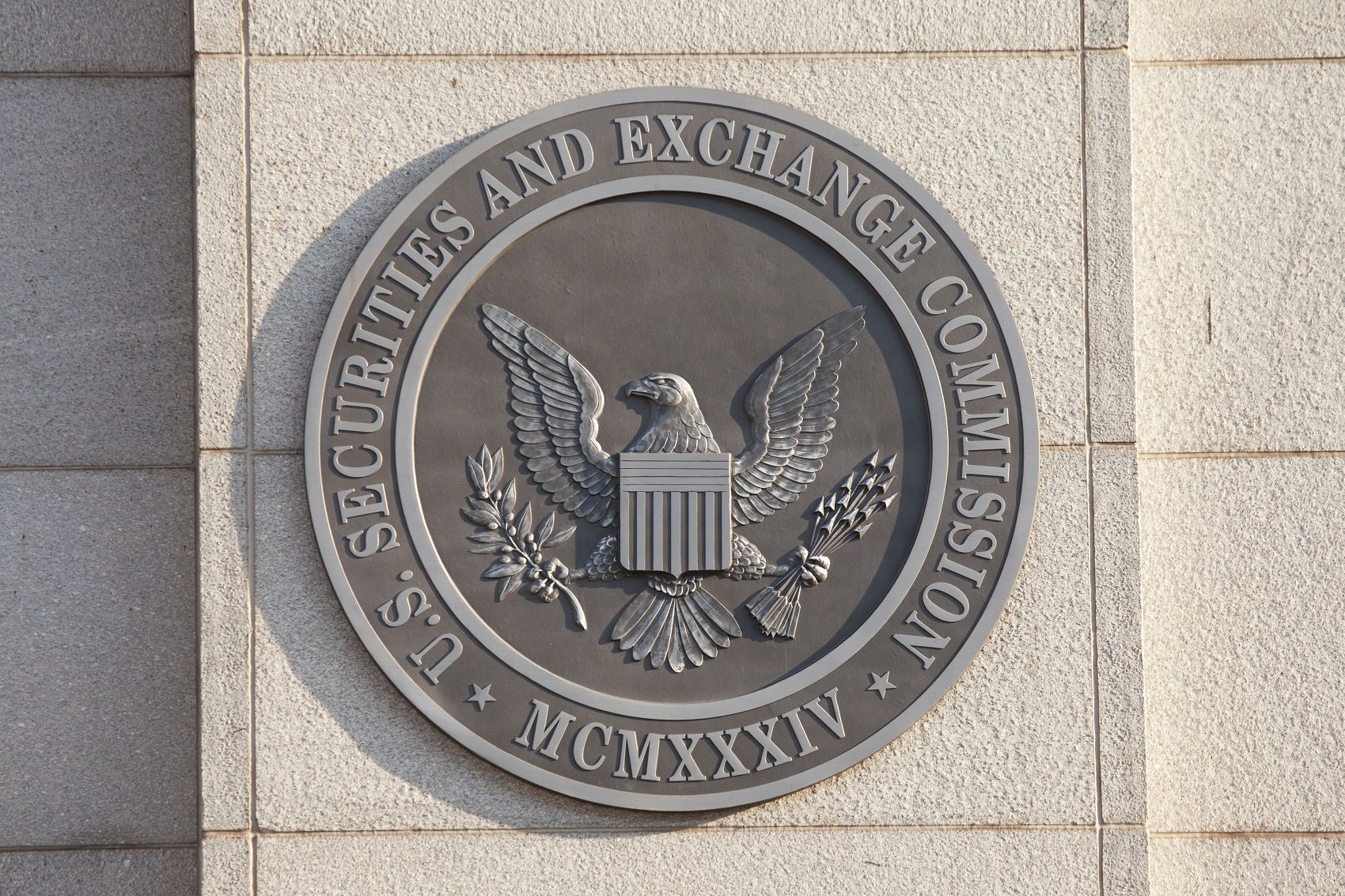Initial Coin Offering (ICO) is a new way of fundraising enabled by digital currencies and Blockchain technology where participants invest fiat currencies and receive ‘‘tokens,’’ digital assets in return.
ICO’s are widely seen as an innovative fintech alternative to traditional initial public offering of stock (IPO) as a means for start-up businesses to raise capital. A person, project or company in need of capital creates a new kind of digital coin and sells a tranche of them for fiat currencies on a digital trading platform or exchange.
Prior to an ICO, a business would typically release a “whitepaper” which provides investors with an explanation of their proposed project, the rights behind the virtual tokens they would be issuing, the risks of the investment and details of the ICO itself.
The rights behind the digital tokens can vary considerably, and many tokens are not intended to grant the investor an ownership stake in the business, unlike stock.
Currently, there isn’t a standardized way of preparing a whitepaper in comparison to regulated prospectuses for IPO’s.
Token valuation of ICO’s
With the exception of hedge fund managers who indiscriminately assess ICO tokens for their long and short selling prospects, the underlying motivation of an ICO investor is the expectation that the token’s value would increase after the ICO, and the investor would sell it to make a profit.
Currently, there isn’t a standardized way of determining a token’s value. ICO investors trade these tokens at a profit or loss. A token’s value is determined based on the demand for the token which may be denominated in a highly volatile virtual currency and the underlying company’s financial performance.
Technology Behind ICO’s
The Ethereum (ETH) ICO platform is public and open-source and features smart contract functionality. It is still in its early stages of development, and its application is of experimental nature.
Vitalik Buterin, co-founder of ETH, cautioned that there are flaws, technical intricacies of ETH Blockchain networks that support ICO’s arising from the centralization problem, which could take up to two to five years to solve. Buterin expects 90 percent of ETH-based ICOs to fail.
Despite information technology (IT) network security measures, software applications, computer hardware, the Internet, Blockchain platforms supporting the ICO’s, are also vulnerable to computer viruses, physical or electronic break-ins, attacks or other disruptions of a similar nature (Hacks).
The revelation of the technical vulnerabilities of the ETH-based platform and the risk of Hacks could add operational, technological risks for ICO’s.
ICO’s Fraud
This year has been the year of ICO’s for countries like Russia, China and Japan. To date ICOs raised $3 bln, averaging 20 new virtual coin offerings a month, that produced an average investment return of 1,320 percent, 293 times S&P 500 return of 4.5 percent during the third quarter of 2017.
There have been many new uses for ICO’s, including municipality-funding applications in Japan. However, Joseph Lubin, co-founder of ETH, cautioned that some of the ICO’s have been outright scams.
In the US, the Department of Justice (DOJ) and the Federal Bureau of Investigations (FBI) began clamping down on fraudulent virtual currency transactions after the FBI issued a first of its kind report analyzing the likelihood and consequences of illegal activities involving virtual currencies in April of 2012. Less than a year later, in March of 2013 the Financial Crimes Enforcement Network (FinCEN) enacted registration requirements for money service businesses (MSB) dealing in virtual currencies before the first ICO launched in July of the same year.
EU Stance on ICO’s
On the 13th November this year, the European Securities and Markets Authority (ESMA) issued two separate statements in that outline what it perceives as the risks initial coin offerings (ICOs) pose for investors and startups, respectively.
Striking a concerned tone on the nascent state of the market, ESMA warned investors that the use of custom cryptocurrencies for fundraising comes with a “high risk” of capital loss. Adding to that, the authority alerted that ICOs may fall outside of EU laws and regulations, which in turn does not benefit investors.
According to a press release, the ESMA stated:
“ICOs are also vulnerable to the risk of fraud or money laundering.”
The markets watchdog’s second statement stressed that startups or open-source projects involved in ICOs are at risk of conducting regulated investment activities without observing applicable EU legislation, including its prospectus directive, the fourth anti-money laundering directive and other laws.
Firms involved in ICOs should give “careful consideration” to these activities, it warned, as failure to comply with EU rules would be considered a breach.
The news notably follows other recent ICO warnings including the Japanese FSA’s statement to investors on ICO risks, and another from Germany’s Federal Financial Supervisory Authority, which said: “Investors should be wary of the ‘numerous risks’ involved in token sales.”
ICO Regulation Around the World
Canada
Canada’s financial regulator, the Canadian Securities Administrators (CSA), announced on August 24 that securities law could now apply to initial coin offerings if the newly issued digital token can be categorized as a financial security. If that is the case, the company needs to seek regulatory guidance prior to conducting its token sale.
“Any business that is planning to raise capital through an ICO [….] should consider whether it involves a security. Businesses should also contact their local securities regulatory authority to discuss possible approaches to complying with securities laws,” the statement reads.
China
In a move that surprised the market, seven Chinese regulatory agencies issued a joint statement declaring that initial coin offerings are a form of unauthorized, illegal fundraising and that all individuals and companies within the People’s Republic are prohibited from launching token sales to fund their business ventures.
China was the first country to issue a full ICO ban stating that ICOs are linked to suspected fraudulent business ventures. Shortly after China issued the ICO ban, lawmakers also communicated to bitcoin exchanges that they will need to shut down and that digital currency trading on exchanges will also be prohibited.
Some believe, however, that this cryptocurrency crackdown is only temporary as China seeks to regulate the industry and that exchanges will soon be opened again and that token sales could also continue again at a later point in the future.
Hong Kong
Unlike mainland China, Hong Kong has published ICO regulations that are more accommodating for startups. The Securities and Futures Commission (SFC) published a statement on September 5 that states that digital tokens that fall under the definition of securities are subject to Hong Kong securities law and, therefore, fall under the SFC’s regulatory scope.
“Shares, debentures, and interests in a CIS are all regarded as securities,” according to the Securities and Futures Ordinance (SFO). Hence, if newly issued digital tokens carry strong resemblances to these securities, they will require regulatory approval.
The Isle of Man
The Isle of Man is a self-governed island off the coast of the U.K. that is known for its liberal financial regulation. This is also reflected in the new regulatory framework for ICOs, called the Isle of Man Registered Designated Business ICO, which is aimed at opening the doors for blockchain startups who want to incorporate on the island to launch AML and KYC compliant token sales.
While the regulatory framework has not yet been officially announced, the Head of Operations for Fintech and Digital Development at the Isle of Man’s Department of Economic Development, Brian Donegan, has confirmed it is in development and will soon be finalized and made public.
Gibraltar
The Gibraltar Financial Services Commission issued a statement on September 22, which states that starting from January 2018, a new framework will regulate Gibraltar-based companies that use blockchain technology to “store or transmit value belonging to others.”
Additionally, the financial regulator indicated that token sales could also come under regulatory scrutiny going forward, stating that it is “considering a complementary regulatory framework covering the promotion and sale of tokens, aligned with the DLT framework.”
To date, however, initial coin offerings are still unregulated in Gibraltar according to its financial regulator.
Singapore
Singapore’s financial regulator, the Monetary Authority of Singapore (MAS), published a statement that read: “[…] the offer or issue of digital tokens in Singapore will be regulated by MAS if the digital tokens constitute products regulated under the Securities and Futures Act (Cap. 289) (SFA). MAS’ clarification comes in the wake of a recent increase in the number of initial coin (or token) offerings (ICOs) in Singapore as a means of raising funds.”
In other words, similarity to Canada, Hong Kong, and the U.S., the sale of a new digital token will fall under the MAS’s regulatory scope if the tokens are de facto securities of the issuing company.
South Korea
South Korea followed in China’s footsteps and surprised the cryptocurrency community by also banning future initial coin offerings. On September 29, the South Korean Financial Services Commission announced that all types of digital token sales would be banned as this type of financing activities needs to be carefully monitored and controlled.
Similarly to China, we could potentially see this outright ban overturned once adequate digital currency regulations have been issued by lawmakers.
Switzerland
Switzerland’s financial regulator, the Financial Market Supervisory Authority (FINMA), issued a statement that announced that the regulator plans to investigate all ICOs held within its borders in an attempt to identify if certain types of ICOs may fall under their regulatory scope and to crack down on fraudulent token sales.
Switzerland is one of the most cryptocurrency-friendly countries in the world and is the home to a leading blockchain hub called the Crypto Valley.
United Kingdom
The Financial Conduct Authority in the U.K. has been known to be very fintech-friendly and does not view digital currencies as a threat to the country’s financial system. In fact, there are several blockchain startups in the FCA’s Fintech Sandbox who are developing cryptocurrency-based financial solutions with support from the regulator.
The FCA’s innovation-friendly stance is also demonstrated it its statement warning about initial coin offerings. The statement highlights the risks of investing in token sales and recommends conducting adequate research before investing in an ICO.
The FCA stated in its issued warning:
“You should only invest in an ICO project if you are an experienced investor, confident in the quality of the ICO project itself (e.g., business plan, technology, people involved) and prepared to lose your entire stake,”
However, it gives no indication of wanting to regulate this sector at this time.
USA
The first country to regulate ICOs was the US Securities Exchange Commission (SEC), which on July 25, 2017, issued a landmark opinion concerning digital assets stating that ICOs can sometimes be considered securities — and as such are subject to strict laws and regulations.
Putting the new SEC law to use the SEC brought charges against two companies and their operator for defrauding investors in a pair of fraudulent ICOs and the ICO token holders served Tezos with two potentially groundbreaking class action lawsuits alleging that its $232 million ICO violated US securities laws and misled investors.
Since SEC’s ICO pronouncement, twenty-eight countries have proposed or enacted ICO legislation in an uncoordinated fashion. Some countries mimicked the SEC in regulating ICOs as a security.
Conclusion
As ICO’s become increasingly regulated around the world, it opens the doors for institutional investors to partake in ICO’s of companies that have a global reach. This requires evaluation of all ICO related risks in all territories where the company operates. ICO companies, their executives and institutional investors should carefully take into consideration the ever-changing regulatory landscape around the world and implement a good compliance program.





Comments are off this post!